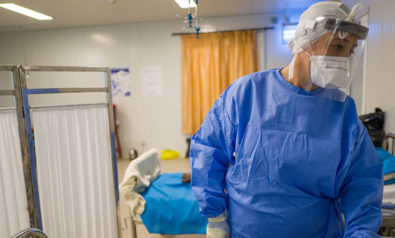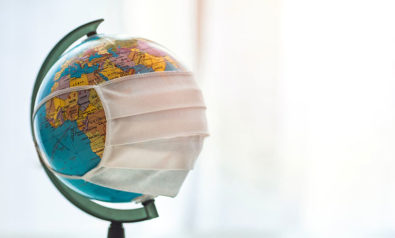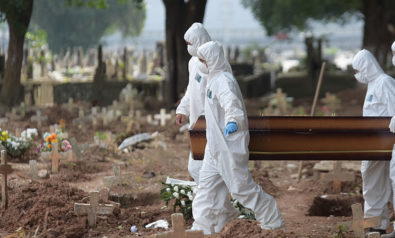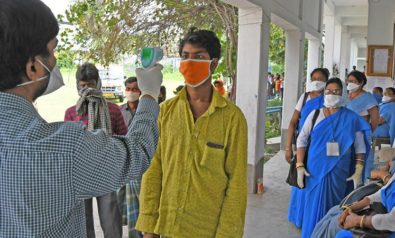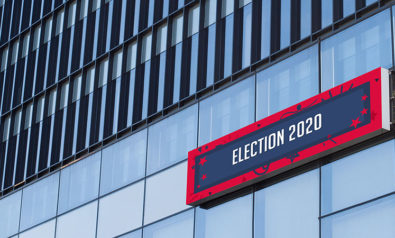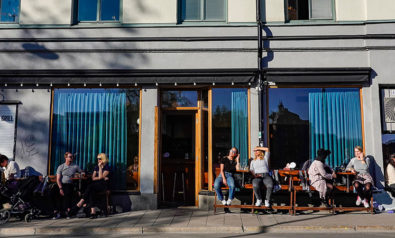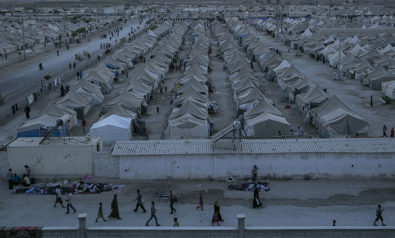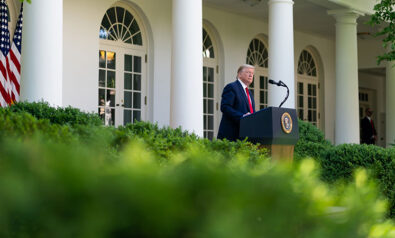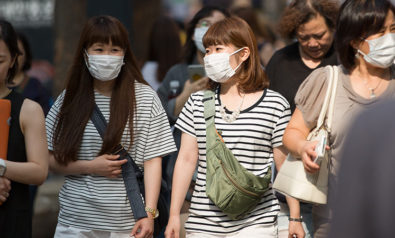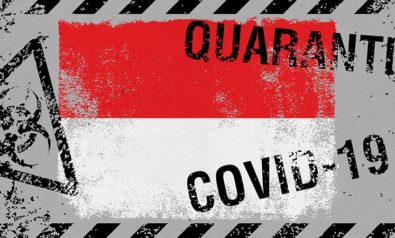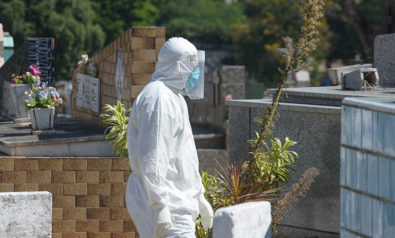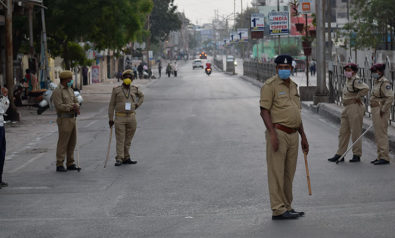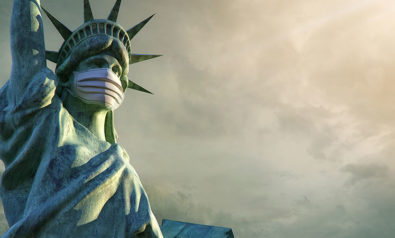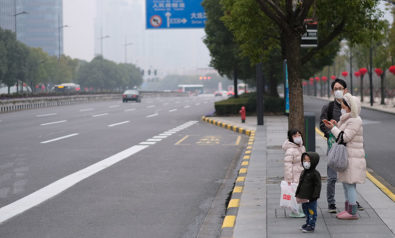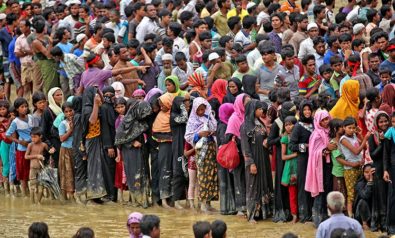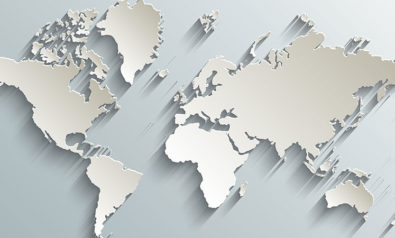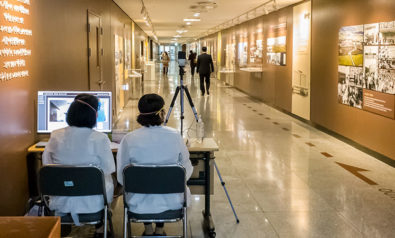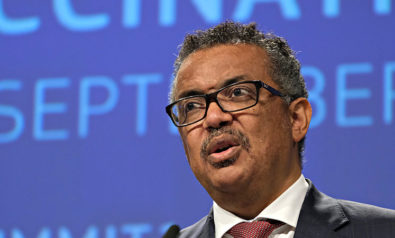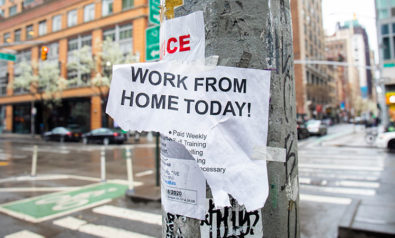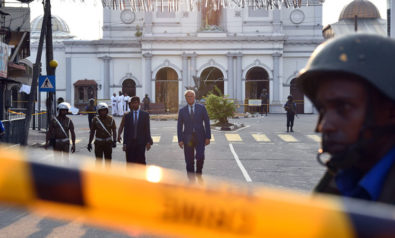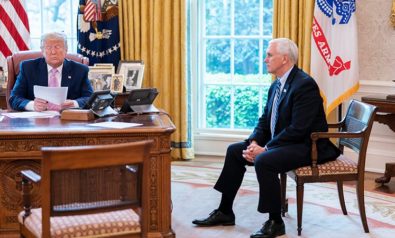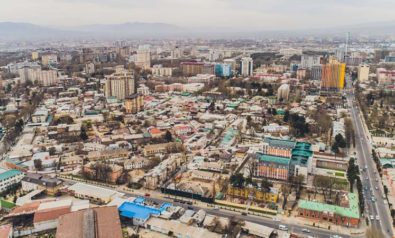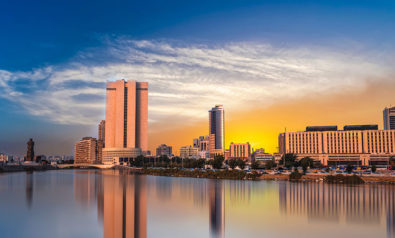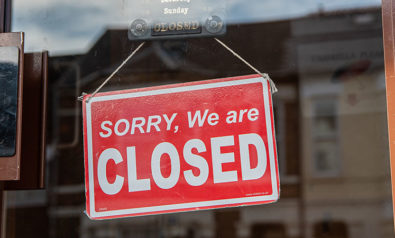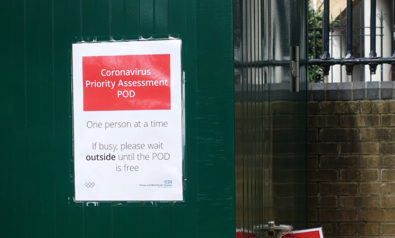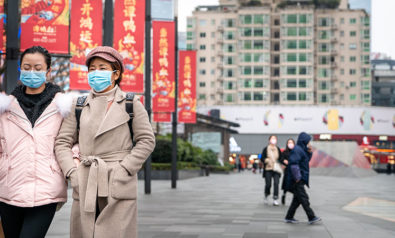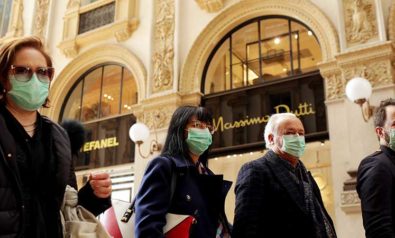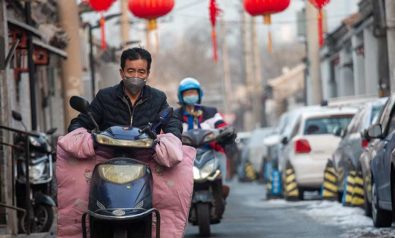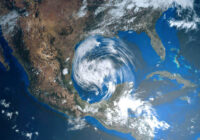A crisis, according to self-help and leadership books, reveals much about a person’s character. The same can be said of a nation’s character. Since the latest pandemic began to spread out of China in 2020, countries responded in very different ways to the challenge. There was ingenuity, inflexibility, incomprehension and sheer incompetence. Diversity can be a beautiful thing. But not when it comes to battling a pandemic.
It wasn’t supposed to be this way. There was supposed to have been greater uniformity in response. After the 2003 SARS epidemic, the World Health Organization (WHO) came up with new guidelines for responding to such outbreaks. These regulations are legally binding, and 196 countries signed the framework agreement. Unfortunately, as Selam Gebrekidan reports in The New York Times: “dozens of countries are flouting the international regulations and snubbing their obligations. Some have failed to report outbreaks to the organization, as required. Others have instituted international travel restrictions, against the advice of the WHO, and without notifying global health officials.”
Let’s take a look at a few countries — China, South Korea, Italy and the United States — to see how the diversity of responses to the current coronavirus crisis showcases the best and the worst that these political systems have to offer.
The Pandemic Begins
China has treated the coronavirus as if it were an outbreak of political dissidence. It has deployed the power of the state to stamp out the infection. It has censored dissenting voices. And, as is often the case with blunt-force approaches, it has achieved some success. While the virus is multiplying rapidly around the world, it seems to have been contained in China.
But there have been some disturbing side effects. After some initial confusion, to put it charitably, the government moved quickly to shut down the epicenter of infection in Wuhan, the capital of Hubei province. China reported the first few cases of “unusual pneumonia” to the WHO on December 31 of last year, the new disease was identified as a coronavirus on January 7, the first death occurred in China on January 9, and Wuhan was under quarantine by January 23.
That two-week period between the first death and the announcement of the quarantine might seem like a long time. But on January 24, the government was still reporting only 830 infections. And, in some quarters, China was criticized for overreacting by shutting everything down, from schools to factories. One week later, however, the number of infections had climbed to nearly 10,000. The quarantine methods wouldn’t show much effect until mid-February, when new infections began to level off. On February 18, Beijing reported around 72,000 infections. A month later, it had only reached around 81,000.
The government had the centralized authority to enforce the quarantine. It shut down internal transportation, canceled Lunar New Year celebrations, and shuttered Shanghai Disneyland. It deployed drones to warn groups of people gathering in public to disperse and go home. It placed millions of uninfected people in what amounts to house arrest, allowing only one member of a family household to go out every two days.
The government also attempted to censor the first reports of the new disease. Li Wenliang, a doctor in Wuhan, posted on social media on December 30 the first warnings about the coronavirus. The police brought him in for questioning and forced him to sign a statement that he had made “false comments” that had “severely disturbed the social order.” He later died of the disease.
The quarantine methods produced their own casualties. As Human Rights Watch notes:
“A boy with cerebral palsy died because no one took care of him after his father was taken to be quarantined. A woman with leukemia died after being turned away by several hospitals because of concerns about cross-infection. A mother desperately pleaded to the police to let her leukemia-stricken daughter through a checkpoint at a bridge to get chemotherapy. A man with kidney disease jumped to his death from his apartment balcony after he couldn’t get access to health facilities for dialysis. And at least 10 people died after a hotel being used as a quarantine facility collapsed.”
Citizens and journalists who have been trying to tell the full story of China’s war on the coronavirus still face censorship and harassment.
The Chinese government’s actions were not arbitrarily autocratic. “China’s leaders did fumble at the very start, yet in short order they acted far more decisively than many democratically elected leaders have to date,” Ian Johnson writes in The New York Times. “Authoritarian or not, they also want the public’s approval. Chinese leaders may not face voters, but they, too, care about legitimacy, and that hinges on performance for them as well.” And it’s not as if the democratic countries that eventually followed China’s example put their decisions to a vote.
Meanwhile, the success of China’s approach owes as much to the public’s sense of responsibility as it does to the government’s autocratic methods. Writes Tony Perman, who was quarantined in Shanghai: “Certainly the reality of authoritarian control, the subservience of the individual to the state or the collective, and the pressure to conform made widespread habit change both more feasible and acceptable, even if due to fear of retribution. But there was a palpable ‘all for one and one for all’ ethos.”
The South Korean Way
Even before South Korea experienced its first coronavirus case, the Korean firm Kogene Biotech was getting its test kits ready for production. Soon thereafter, the South Korean government gave regulatory approval for their use in the country.
The first cases in South Korea originated from China, which reawakened significant anti-Chinese sentiment that had been dormant since the resolution of the last trade dispute in November 2017. By the middle of February, however, a much more significant outbreak of the disease could be traced to one of the many cult-like religious sects in the country, and infections quickly rose into the thousands.
Soon enough, the South Korean government switched to testing overdrive. On February 26, the country began drive-through testing. By March 9, nearly 200,000 people had been tested for the disease. The government is also, more controversially, using a phone app that relies on GPS to track those in quarantine and make sure that they maintain their self-isolation. A rigorous triage has sent all but the most serious 10% of the infected to recover at home, lessening the strain on the medical system.
As with China, there were some initial missteps, such as when the Moon Jae-in administration prematurely declared the virus contained in mid-February. But the hyper-connected country has been able to practice social distancing with relative ease as people went online to work remotely, order groceries and maintain contact with friends.
The South Korean approach also seems to have worked. The rate of infection has leveled off, and the death rate remains very low, at less than 1%. Instead of the draconian quarantining that China implemented, South Korea has relied on technology, a rapid response aided by ppali-ppali (fast-fast) culture, lots of testing and follow-up, and a general spirit of compliance.
Italian Fiasco
European countries have responded in quite different ways to the virus. Several countries, including a number that had earlier been so hostile to immigrants, quickly moved to close their borders. Germany has been characteristically blunt about the situation, with Chancellor Angela Merkel warning that 60-70% of the population will likely be infected before the outbreak is over. The Finns started preparing for the worst back in January, even taking steps to allow people to get communicable disease insurance in the event of quarantine.
The hardest-hit country, however, has been Italy. As soon as two Chinese tourists in Rome tested positive at the end of January, Italy declared a state of emergency and stopped flights from China. When the virus appeared again, just outside the northern city of Milan, the patient was originally thought to have been infected by a colleague returning from China. But the colleague tested negative. The virus, in this case, more likely came from Germany.
The real problem was neither China nor Germany. It was the Italian hospital that grossly mishandled that initial case. The sufferer, according to The Washington Post, “sought medical attention multiple times, starting on February 14, but he wasn’t diagnosed until February 21 (after he infected his wife, hospital staff, several patients and others).”
Two other factors have aggravated the crisis in Italy. There’s the scofflaw tradition whereby many Italians flouted the initial lockdown declared in the northern region to crowd the rail stations and flee by any means. One woman even paid over $1,300 to take a taxi from Milan to Rome. Also, Italy has the second-highest proportion of seniors in the world: 23% of the population is over 65. Only Japan has an older population. That helps to explain the high mortality rate of the disease in the Mediterranean country. In China, the mortality rate is 3.8%. In Italy, it’s nearly double at 7.3%.
In a head-to-head comparison between South Korea’s widespread test-and-track approach versus Italy’s attempted lockdown approach, the former appears to be far more effective.
American Exceptionalism
Donald Trump has been an exceptional leader when it comes to addressing the coronavirus: exceptionally incompetent. He has exemplified the proud tradition of American exceptionalism, by which Americans believe that they are an exception to the rules that apply to the rest of humanity.
There have been five stages of American exceptionalism when it comes to the coronavirus.
Stage One: It won’t happen here.
Stage Two: It’s happening here, but it’s the fault of foreigners.
Stage Three: It’s happening here, but it won’t be as bad as elsewhere so we don’t need to take the necessary precautions.
Stage Four: It’s happening here, and it might turn out to be a problem, but it’s best to address the developing crisis haphazardly rather than at a coordinated federal level.
Stage Five: Uh-oh.
Trump has been the leader of the pack at all five stages. On January 22, just as the Chinese government was preparing to quarantine Wuhan, Trump said about the prospects of a coronavirus outbreak in the United States that “we have it totally under control. It’s one person coming in from China, and we have it under control. It’s going to be just fine.”
After initially praising Xi Jinping’s hardline response to the crisis, Trump and his allies reversed course and started to blame China when the infections began to mount domestically. Instead of following the South Korean example and making sure that testing kits were available, the Trump administration squandered the window of opportunity. By the time test kits were sent out, it was late in the game and those first kits were, in any case, faulty.
Writes David Leonhardt in The New York Times: “The Trump administration could have begun to use a functioning test from the World Health Organization, but didn’t. It could have removed regulations that prevented private hospitals and labs from quickly developing their own tests, but didn’t. The inaction meant that the United States fell behind South Korea, Singapore and China in fighting the virus.”
Trump has finally awoken to the severity of the problem, no doubt as a result of having close brushes with infected people at the Conservative Political Action Conference and with a delegation from Brazil that visited him at Mar-a-Lago. But he has acted erratically and dangerously. His European travel ban was done without consultation with allies and put Americans hastily returning from Europe at the mercy of unprepared airport security.
But perhaps the most unsettling failure has been the lack of federal coordination, with different messages coming from different parts of government and states left to manage things as best they can. Governors have clashed with the president, mayors have clashed with governors. In his most recent punt, Trump told governors not to wait for federal assistance when it comes to acquiring necessary ventilators, but “try getting it yourselves.”
Get it yourselves. That kind of message is grimly appropriate in a country without national health care. With a message like that coming from the top, it’s no wonder that Americans are stocking up on rice and toilet paper, like people around the world — but more pointedly, guns and body armor as well. If it’s “all for one and one for all” in other countries, in Trump’s America, it’s “all against all.”
This is what happens when you run on a platform devoted to the “deconstruction of the administrative state,” as Steve Bannon put it so colorfully. First, you get deconstruction when Trump takes office. Then you get destruction when Trump’s minions go to work. Finally, when all the competent people have been escorted out of government, you get uh-oh. In this sense, the coronavirus is nothing new. Americans have been living in the uh-oh stage ever since November 8, 2016.
*[This article was originally published by Foreign Policy in Focus.]
The views expressed in this article are the author’s own and do not necessarily reflect Fair Observer’s editorial policy.
Support Fair Observer
We rely on your support for our independence, diversity and quality.
For more than 10 years, Fair Observer has been free, fair and independent. No billionaire owns us, no advertisers control us. We are a reader-supported nonprofit. Unlike many other publications, we keep our content free for readers regardless of where they live or whether they can afford to pay. We have no paywalls and no ads.
In the post-truth era of fake news, echo chambers and filter bubbles, we publish a plurality of perspectives from around the world. Anyone can publish with us, but everyone goes through a rigorous editorial process. So, you get fact-checked, well-reasoned content instead of noise.
We publish 2,500+ voices from 90+ countries. We also conduct education and training programs
on subjects ranging from digital media and journalism to writing and critical thinking. This
doesn’t come cheap. Servers, editors, trainers and web developers cost
money.
Please consider supporting us on a regular basis as a recurring donor or a
sustaining member.
Will you support FO’s journalism?
We rely on your support for our independence, diversity and quality.



